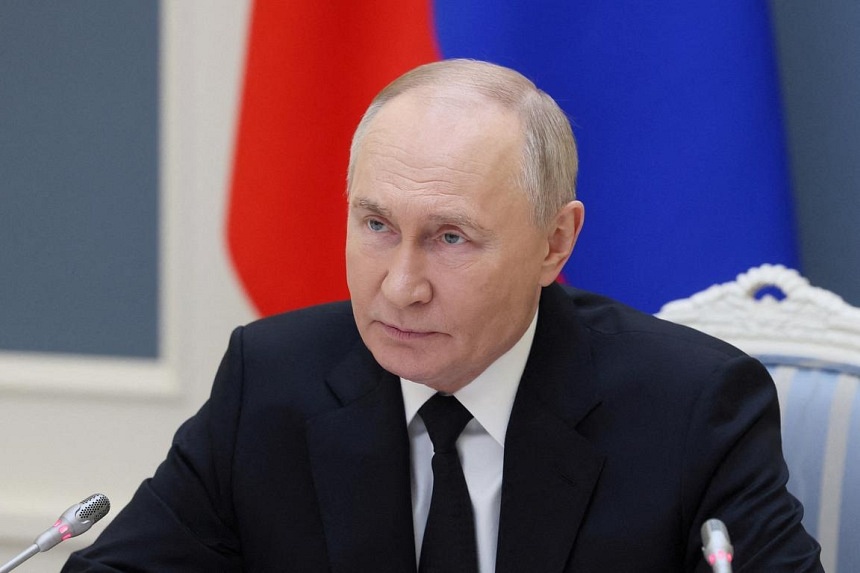What are the consequences of president-elect Donald Trump’s stunning victory in the US presidential election for America’s economy, financial markets and the rest of the world? To say that this is the overriding question for global investors, policymakers and financial commentators right now would be a gross understatement.
Before the election, there was uncertainty about the impact of Trump’s radical economic agenda. An assortment of more tax cuts and persistently high spending, a sharp rise in tariffs on imports, the mass deportation of undocumented migrants and sweeping deregulation, Trumponomics was difficult for economists to model and even harder for investors to price.
The uncertainty was attributed partly to Trump’s unpredictability and impulsiveness. That he often does not mean what he says and is not bound by past actions make him difficult to read.
Moreover, while prediction markets suggested that Trump would return to the White House, few predicted the Republican Party would take control of both the Senate and the House of Representatives. Earlier expectations of a divided government that constrained Trump’s ability to implement the most extreme elements of his agenda added to the uncertainty.
Yet even after a swift and unambiguous election outcome – many pundits expected a disputed election result because of the closeness of the presidential race – that places all three branches of government in Trump’s corner, it is still unclear how determined and successful Trump will be in delivering on his economic agenda.
Judging by the performance of stock markets since the election, investors are downplaying the impact of the protectionist and populist thrust of Trump 2.0 and have not even begun to price in the risks. On November 11, the benchmark S&P 500 index hit its 51st all-time high this year. Even a gauge of Asian equities, a more reliable measure of concerns about trade policy, is down less than 2 per cent this month.

 By South China Morning Post | Created at 2024-11-14 08:33:13 | Updated at 2024-11-22 20:52:16
1 week ago
By South China Morning Post | Created at 2024-11-14 08:33:13 | Updated at 2024-11-22 20:52:16
1 week ago








